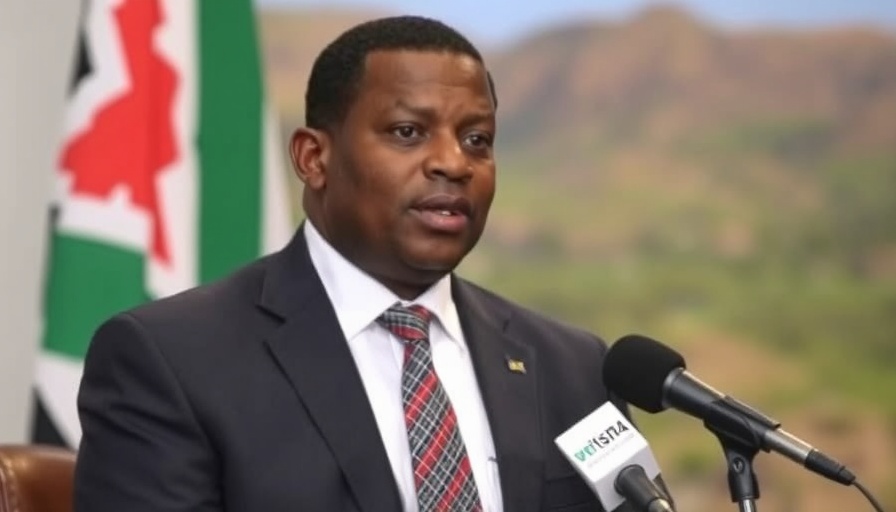
A Controversial Commitment to KwaSizabantu Mission
The recent pledge by Deputy President Paul Mashatile of state support for the controversial KwaSizabantu Mission raises various questions about government priorities in South Africa. The mission, known for its theocratic governance style, has polarized opinions, especially in a political climate shifting from traditional party affiliations to more identity-driven alignments.
Understanding the KwaSizabantu Mission
Founded in 1972, KwaSizabantu is both a religious institution and a community center, serving thousands with its rehabilitation programs. However, it has been embroiled in allegations of human rights abuses and a lack of transparency regarding its governance. Critics argue that such an endorsement from a leading government official could normalize controversial practices.
Political Dynamics and State Support
At a time when South Africa is grappling with numerous socio-economic issues, such as escalating unemployment rates and rampant corruption, the state backing for KwaSizabantu raises eyebrows. The African National Congress (ANC) has long been criticized for its handling of state capture and corruption investigations that have rocked its credibility. This endorsement suggests a possible shift in focus, diverting attention from more pressing governance issues like load shedding and public health concerns.
The Response from Opposition Parties
Opposition parties, including the Democratic Alliance (DA) and the Economic Freedom Fighters (EFF), swiftly condemned the state’s commitment to KwaSizabantu. They argue that promoting a mission affiliated with religious extremism is not only detrimental to secular governance but also an affront to civil liberties. DA leader John Steenhuisen emphasized that government support should instead promote inclusivity and equality, raising the question of how our values align with state decisions.
Future Implications on Governance and Policy
The implications of this pledge extend beyond religious affiliations; they reflect broader trends in governance and policy-making. As the ANC gears up for the next national elections, prioritizing support for KwaSizabantu could alienate a significant portion of the electorate that favors stability, rights, and a separation of church and state. Furthermore, aligning with such a mission risks entrenching the issues of xenophobia, gender-based violence, and racial inequality that the ANC has struggled to address comprehensively.
A Call for Accountability
As this situation unfolds, it becomes increasingly crucial for citizens and civil organizations to demand accountability and transparency from their leaders. The government must communicate clearly about the rationale behind such support and how it aligns with national interests, particularly amid ongoing crises in infrastructure, health, and security. Engaging with affected communities, and taking their concerns into account, will be essential for restoring trust and ensuring policies reflect the broader population's needs.
In Conclusion: Civic Engagement Matters
The backing of controversial institutions like KwaSizabantu underscore the necessity for robust civic engagement. As South Africa navigates complex social issues, both supporters and critics should unite in prioritizing transparency and democratic values over partisan loyalty. It's paramount for citizens to hold all government actions accountable to ensure that the nation's policies truly serve its diverse populace.
For citizens, understanding the implications of this pledge and remaining actively engaged in the political landscape will be crucial as the country braces for upcoming elections and ongoing reforms. Insight and scrutiny can foster a more equitable society, challenging narratives that sideline crucial issues like public health, economic recovery, and crime prevention.
 Add Row
Add Row  Add
Add 




Write A Comment